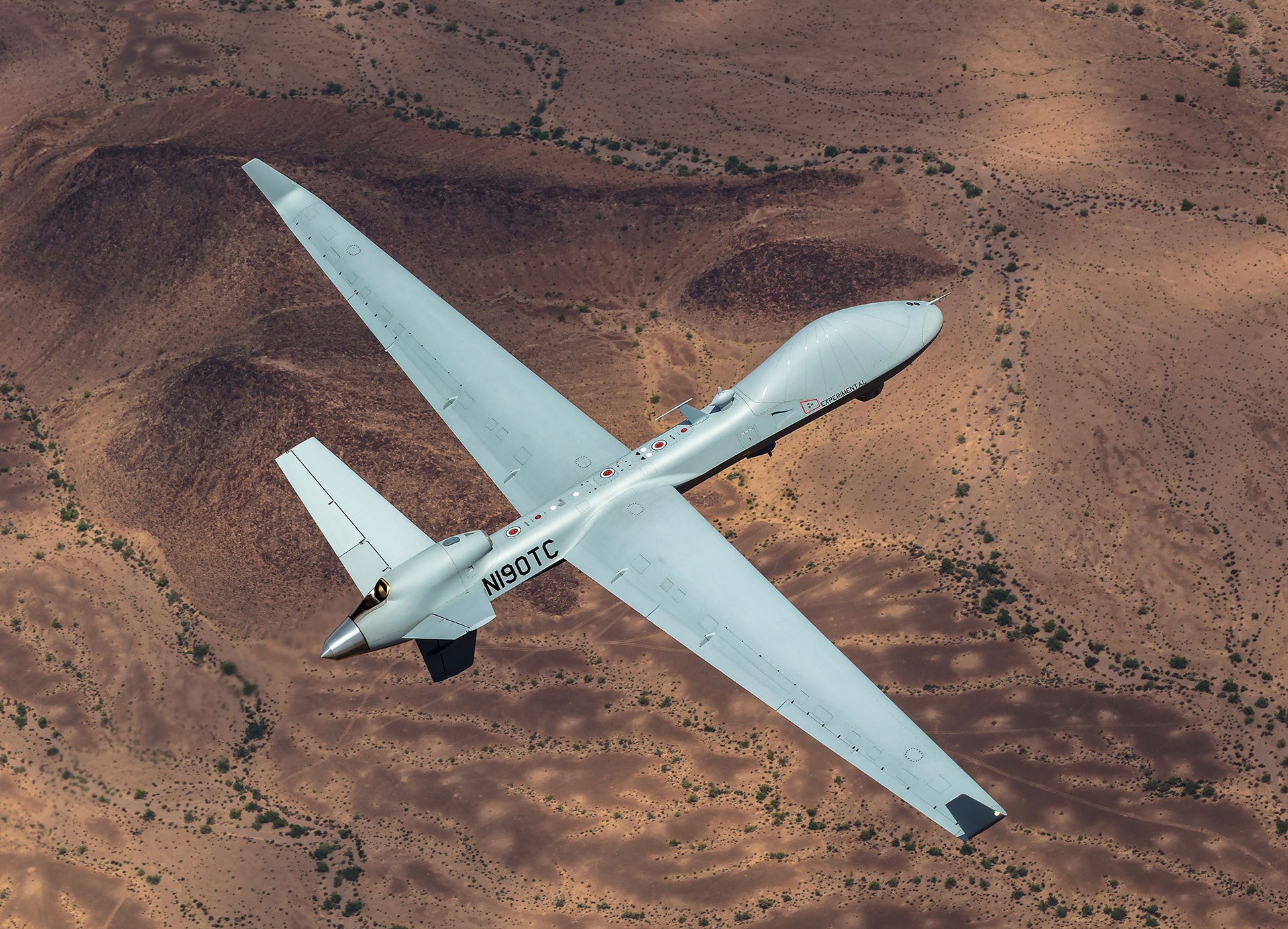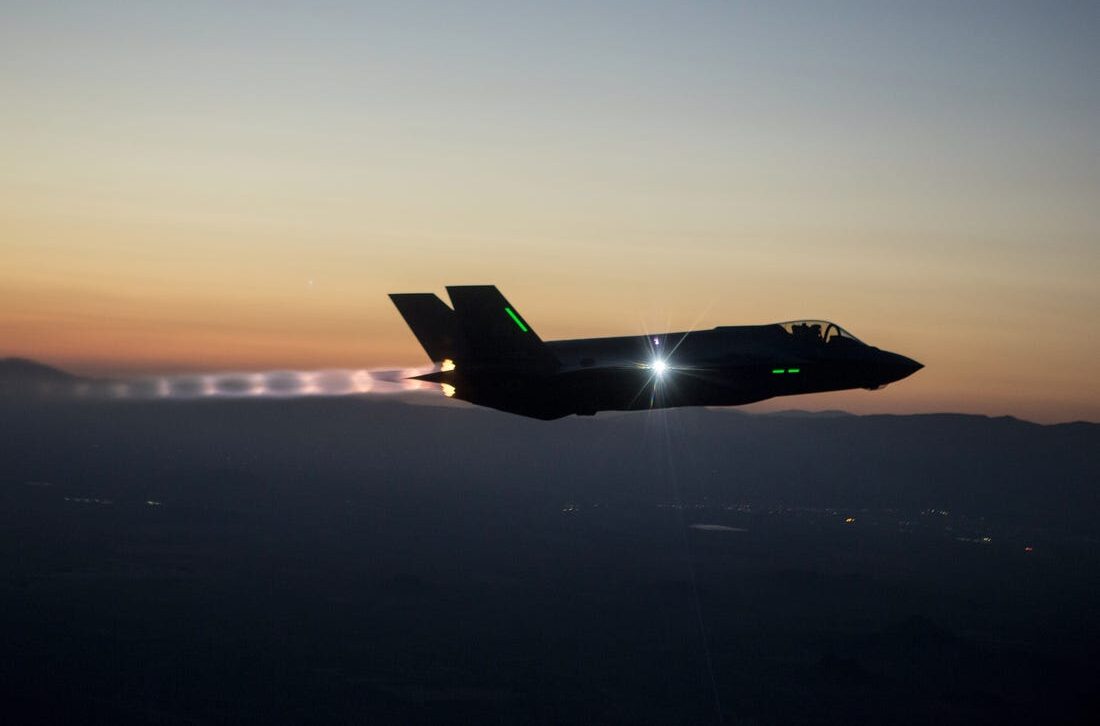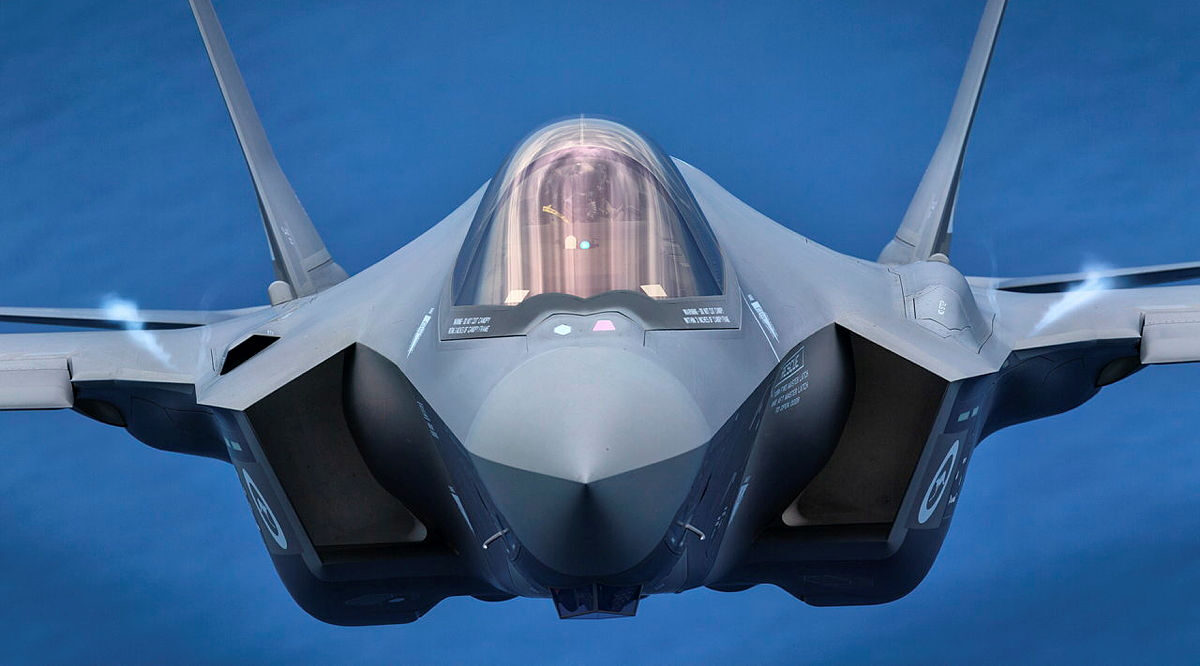UAE suspends F-35 negotiations with U.S.
The United Arab Emirates (UAE) reported that it is discontinuing negotiations for the acquisition of the F-35, along with a gigantic package of weaponry and drones, because it does not agree with the conditions demanded by the US.
The deal previously approved by the Trump Administration, included the sale of 50 Lockheed Martin F-35 Lightning II, 18 General Atomics MQ-9B unmanned aerial systems (UAS) and a gigantic armament package including thousands of bombs and missiles, all valued at around $23.37 billion.
But since Biden’s arrival at the White House, negotiations have stalled. The main sticking point for the US government is the growing economic relationship between Abu Dhabi and Beijing. In particular Huawei’s 5G phone network, which is considered by Washington to be a serious security risk because of its potential to be used for espionage.
The Biden administration had been trying to force the United Arab Emirates to remove Huawei Technologies Co. from its telecommunications network and take other steps to distance itself from China. The U.S. was asking them to remove Huawei’s 5G equipment in the next four years, before the F-35s arrive, whose first deliveries were scheduled for 2026 or 2027, because they consider it too much of a security risk.
The UAE was investigating other 5G telephony options, but the timeframe for equipment replacement was, according to Emirati technicians, too short. In addition, there are many economic ties with China, which would be severely damaged if the US demands were accepted.

Finally, it seems that Abu Dhabi has made a decision, and withdraws from the negotiations for the F-35. Perhaps it is a moment of rupture between the U.S. and one of its biggest and oldest allies in the region.
An Emirati official confided to the Wall Street Journal that:
“Our partnership with the United States continues to be one of our most important relationships around the world,” he said. “Hopefully, we can resolve the outstanding issues in the future.”.
However, the official also noted that the U.S. «remains the UAE’s preferred supplier for advanced defense requirements and discussions for the F-35 may be reopened in the future.»
Negotiation strategy?
The letter communicating the discontinuation of negotiations was drafted by a relatively junior government official, suggesting that the letter is a negotiating tactic ahead of future meetings, according to U.S. officials consulted by the WSJ. Other officials said that while the U.S. has legitimate security concerns, there are people inside and outside the government trying to save the business of selling arms to a «Gulf partner.»
“We remain committed to these sales, and the Emiratis have raised some concerns,” said a U.S. official. “Frankly, we have some questions of our own. This sort of back-and-forth is not unusual for significant arms sales and we are hopeful we can work through these issues and we think the joint military dialogue will give us an opportunity to do so.
The general opinion seems to be that this whole affair is a hardening of the UAE’s position and part of its negotiating strategy.
Even the Gulf country’s ambassador to Washington, Mr. Otaiba, said that for his country, the relationship with the United States remains one of the «most important in the world» and he hopes that these issues can be resolved in the future. He even pointed out that the mega-contract for 80 Dassault Rafale fighters has been under discussion, with its ups and downs, for 10 years.
Saying NO to China is not easy
In addition to the technical and economic difficulties that dismantling Huawei’s 5G network would entail, China is much more than just telecommunications for the UAE.
The Asian giant is one of the Emirate’s main trading partners. In fact, China is the UAE’s top supplier of imported goods and its third largest export destination (according to data from the UAE’s embassy in the U.S.). And China is also one of its main sources (if not the largest already) of direct investment.
The negative impact, politically and economically, of giving way to US demands could be gigantic for the UAE’s finances. Perhaps greater than the damage to its relations with the United States.
Clearly the situation is delicate and the UAE will have to play its cards carefully and maintain a fine balance between the two competing global superpowers. What does seem reasonably accurate to state, however, is that the F-35 will not be seen operating in the UAE Air Force for several years.

/https://aviacionlinecdn.eleco.com.ar/media/2021/09/F-35-portada.jpg)


Para comentar, debés estar registradoPor favor, iniciá sesión